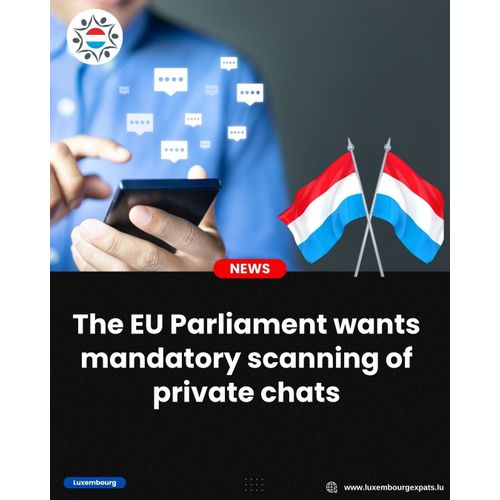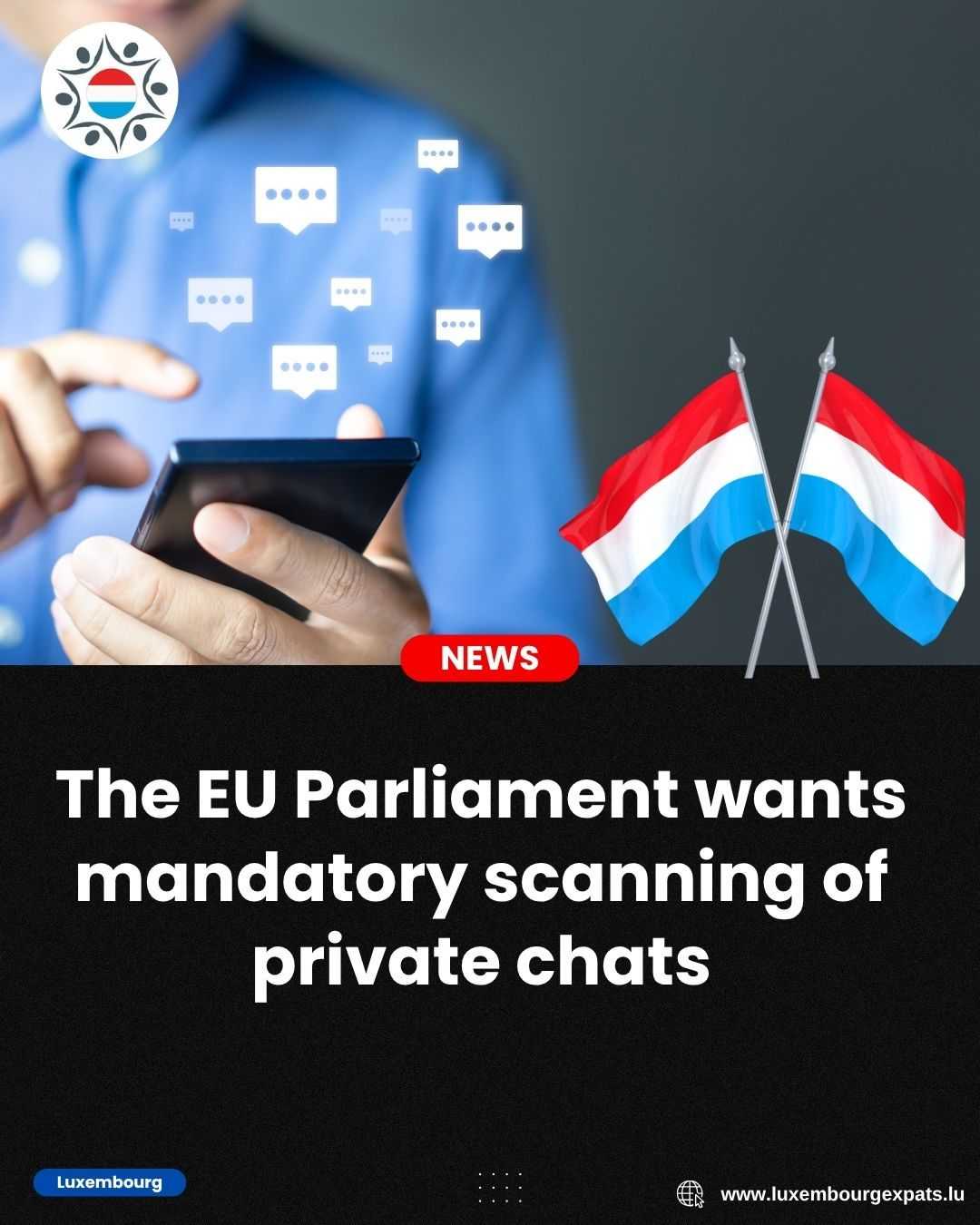The EU Parliament wants mandatory scanning of private chats
LuxembourgPosted on 07 August 2025 by TeamA leaked internal document has ignited backlash across the EU as it reveals that the European Parliament may be pressuring the Council to adopt a controversial law mandating the scanning of private messages. Critics, including former Pirate Party MEP Patrick Breyer, have condemned the move as “political blackmail,” especially since Parliament had previously rejected mass surveillance practices.
At the heart of the debate is the EU’s "Chat Control" bill, first proposed in May 2022. This legislation aims to combat the spread of child sexual abuse material (CSAM) by introducing automated scanning of private chats—even on encrypted services like WhatsApp and Signal. The technology used would scan messages on users’ devices before they are encrypted, a method widely known as client-side scanning.
Despite strong opposition in previous attempts, Denmark, now holding the EU presidency, has revived the proposal and is pushing for its adoption by October 14, 2025. The leaked memo shows that the Council’s legal experts still find the proposal in conflict with fundamental rights.
What makes this proposal more alarming for many is that it would exempt government and military users from the scanning requirements, creating what critics describe as a double standard. Meanwhile, privacy advocates argue that the scanning system would not only weaken encryption but also open the door to broader surveillance practices in the future.
Past efforts to soften the bill—such as Belgium’s 2024 attempt to allow scanning only with user consent and Poland’s idea for voluntary systems—failed to gather enough support. However, current momentum has picked up, with over 19 member states reportedly backing the new proposal, while some countries like Germany, Luxembourg, and Finland remain undecided. A final position must be reached by September 12, 2025, ahead of the vote.
In addition, the EU’s broader digital strategy, ProtectEU, includes long-term goals like enabling law enforcement to decrypt private data by 2030. This plan has only added to public concern over shrinking digital privacy across Europe.
The implications are far-reaching, as the proposal could fundamentally reshape how communication platforms operate and how citizens’ rights to privacy are upheld in the digital age.
Broader Concerns: Encryption at Risk
- Cybersecurity experts warn that the proposed system poses unacceptable risks: weakening encryption, introducing backdoors, and enabling surveillance beyond CSAM cases.
- The European Court of Human Rights ruled in February 2024 that intentionally weakening encryption is incompatible with democratic standards.
- A broader EU strategy (ProtectEU, June 2025) aims to empower law enforcement to decrypt private data by 2030, raising red flags among digital privacy advocates.
Source: A "political blackmail" – the EU Parliament is pressing for new mandatory scanning of your private chats | TechRadar
Join the Luxembourg Expats Network luxembourgexpats.lu
I am your contact
Team
Chat









